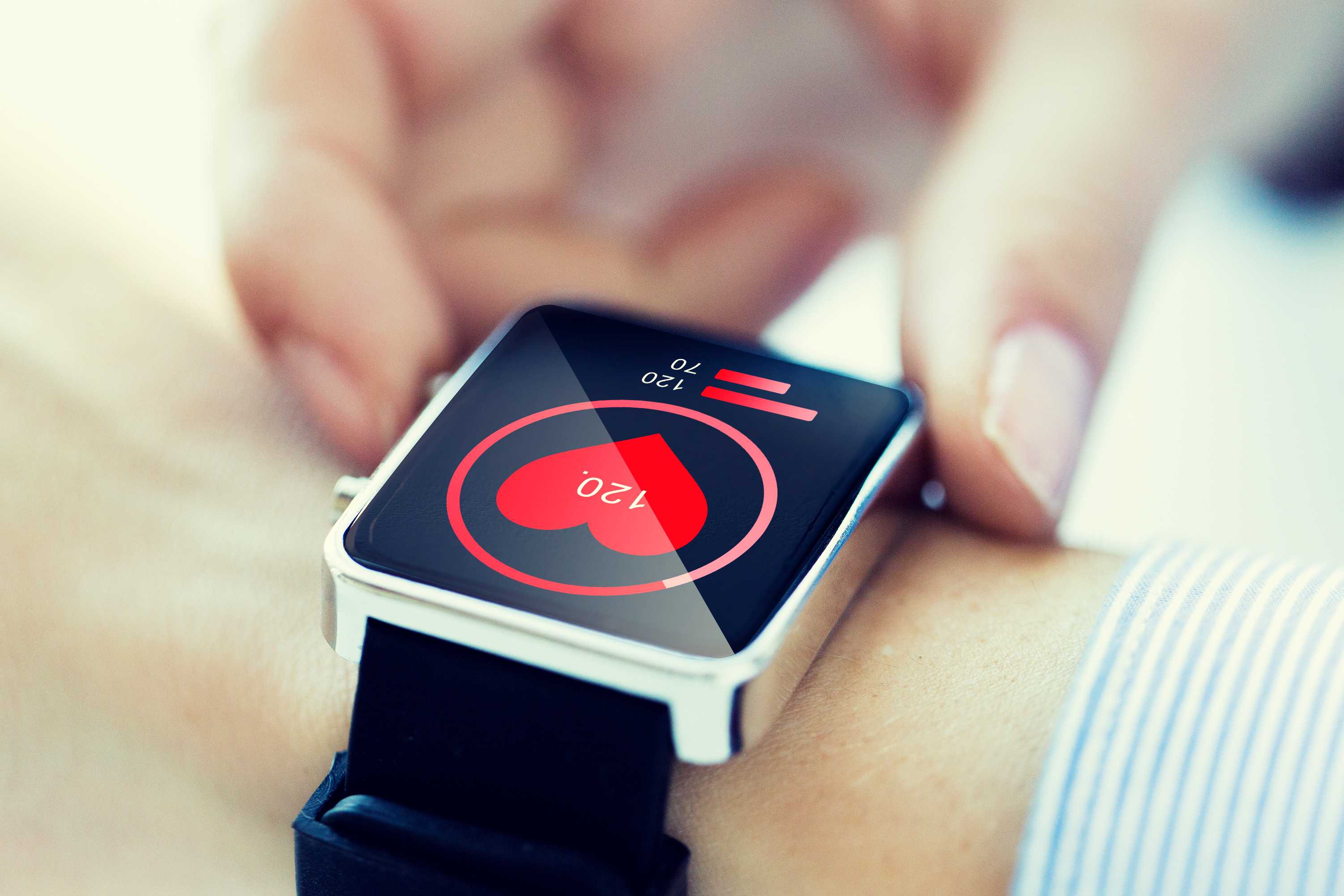The Health and Social Care Model is Ever-changing and Ever-challenging
Health and Social Care have been under cost pressure for years, and face considerable savings expectations and budget restrictions for many more as the population ages. Whilst there will always be a need for intensive care packages and care homes, new methods of delivering care in someone’s own home need to be properly supported to ensure Service Users receive the support they need and prevent care needs increasing.
Most people would rather live independently in their own home, in an environment where they are most comfortable surrounded by their friends and family – but only with the right support. At a time when service providers are expected to support more people with fewer available resources, funding new and innovative ways to deliver care is extremely challenging.
Delivering Care is Not All about ‘Medical Interventions’
In the UK, over 41 million people now own or have access to a smartphone, which over the last decade have truly embedded themselves into our collective psyche. They’re now connecting to and interacting with other devices in our homes as we move towards a more interconnected environment. Assistive Technology is still very much in its infancy – despite growing evidence for its success in helping to improve care and deliver it more efficiently in the community, national take-up is not yet as mainstream as in other countries.
The right technology for the right individual can be beneficial in so many ways, as it can:
- deliver efficiencies in time and money spent
- drive up the quality of care provided
- allow early intervention and diagnosis
- improve health and well-being outcomes
- tailor care to specific needs
- promote social inclusion
- support carers
- support a person’s independence
People Need Personalised Care, There is no ‘One Size Fits All’ Approach that Works
Cognitive approaches improve the delivery of care services through greater personalisation, often combining with direct feedback from a variety of ‘Internet of Things’ devices around the home or work environment, or through wearable technology worn by the Client or Service User.
If you can identify an individual who could benefit from Assistive Technology or have an idea for a technology that could help someone live a better life with a specific injury, illness or condition and don’t know how to implement it, speak to one of our AT experts. We’ll help you put together the most cost effective solution based on current technologies available. And if the technology doesn’t exist, we’ll invent it! Solutions are often bespoke and a bit of creativity can go a long way.
In Summary
The promise of Cognitive Computing to improve diagnosis and treatment is immense, but AI and Cognitive Apps can do much to improve the administration and management of health and social care to the benefit of the patient, service user or customer. To get started with your project, or simply to discuss your ideas, email [email protected].


